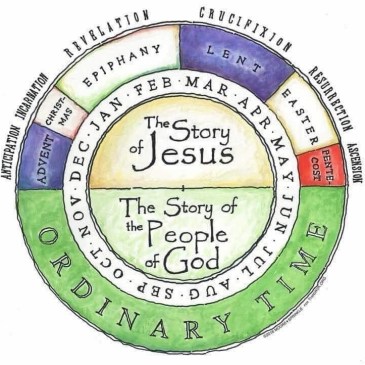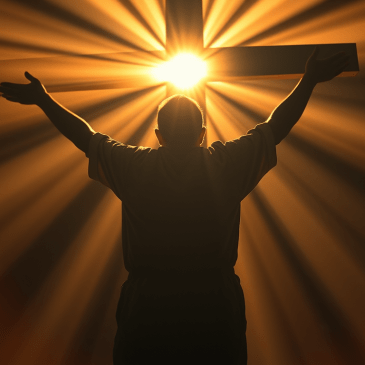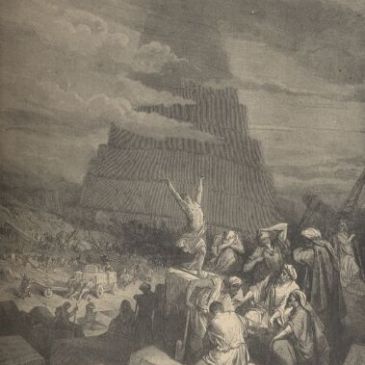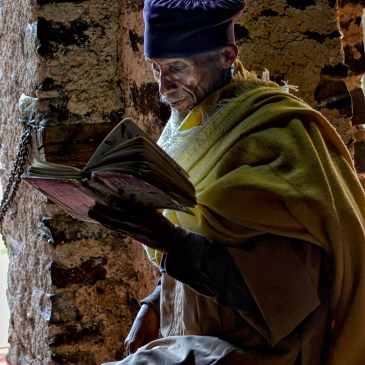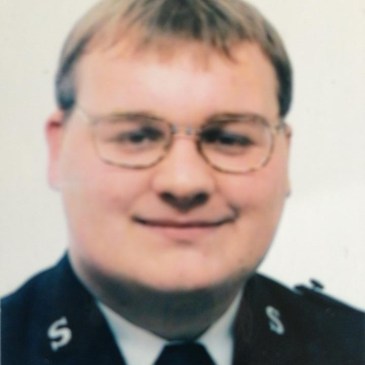How then shall we live?
‘How then shall we live?’ This is a questions we who are companions of the Northumbria Community are encourage to ask. In light of the massive story of God and his engagement with the world, in the light of Christ, and in the light of the horrors, terrors, beauties and confusions of our world, how … More How then shall we live?



